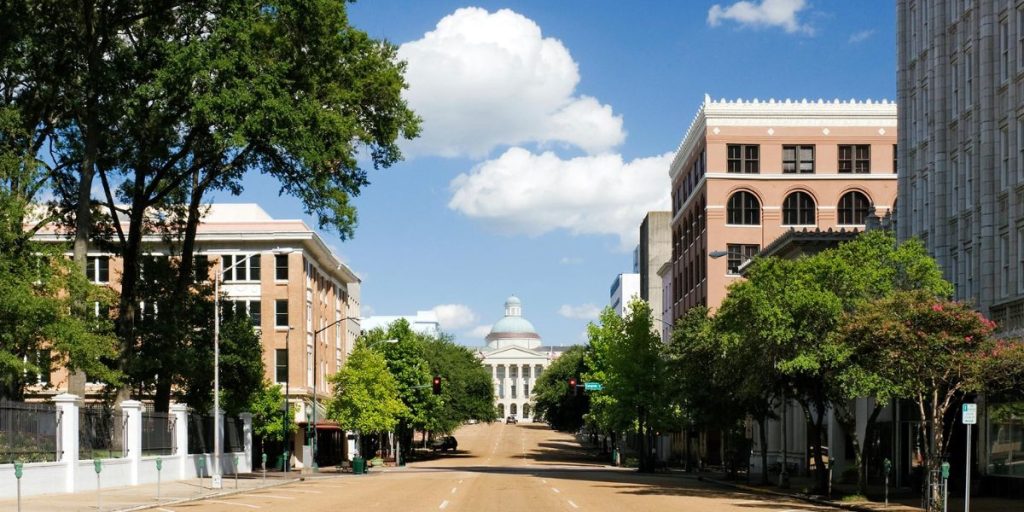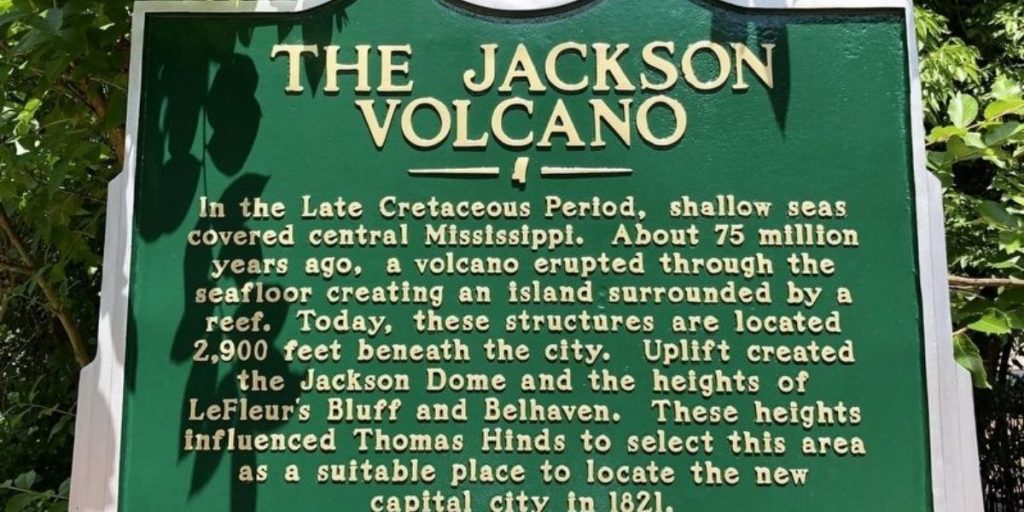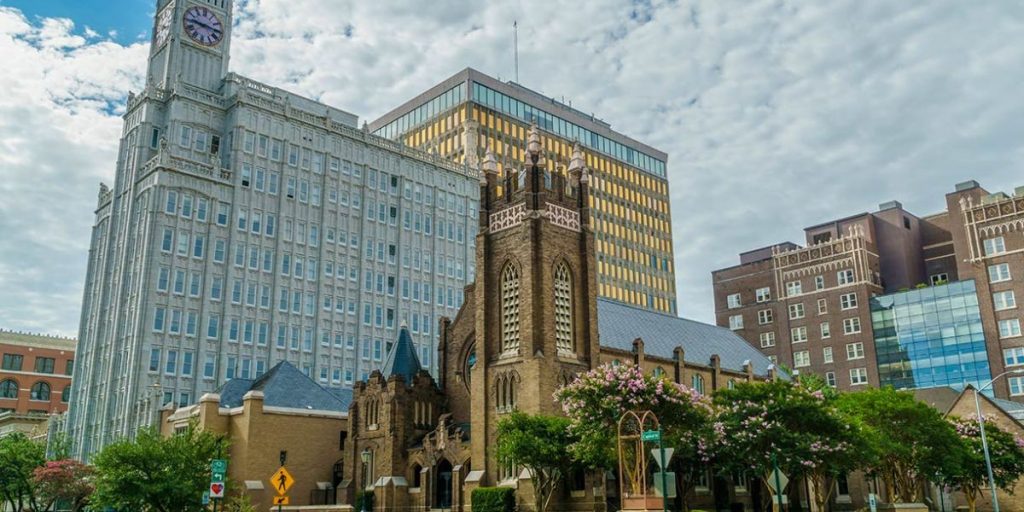Did you know that Mississippi’s most populous city sits on a gigantic extinct volcano? Scientists initially published studies on the volcano beneath this city in 1860, and they discovered that it was located approximately 2,900 feet beneath the earth’s surface. While the volcano is unlikely to erupt again, it is nonetheless one of Mississippi’s most remarkable geological features.
So, let’s discover the name of this volcano and how it was formed.
What is Mississippi’s Largest City?

Jackson is Mississippi’s largest city and the state capital. Jackson has about 149,761 inhabitants. Jackson’s entire size is 113.8 square miles or 293.3 square kilometers, and approximately 72,000 acres. Jackson’s Gross Domestic Product (GDP) is 30.785 billion US dollars, with a median family income of $39,969 in 2021. Finally, Jackson’s GDP per capita is $45,390 as of 2017.
Louis LeFleur settled in Jackson in 1792, and the town was formerly known as LeFleur’s Bluff. However, the city was later renamed Jackson after President Andrew Jackson. In addition, it was designated as Mississippi’s state capital in 1822.
Today, Jackson’s economy is based on transportation, distribution, government services, manufacturing, and other businesses. Universities, museums, and attractions like the Dixie National Western Festival, Rodeo, and Livestock Show are some of the capital’s most notable characteristics.
The Jackson Volcano

Jackson Volcano is approximately 2,900 feet below the city of Jackson, Mississippi. Eugene W. Hilgard, a scientist widely regarded as the father of modern soil science in America, discovered Jackson Volcano. After detecting the volcano, E.W. Hilgard reported his findings in 1860.
Some people refer to the volcano as the Capital Volcano because it lies beneath Mississippi’s capital city. Jackson Volcano is the only extinct volcano beneath a capital city or densely populated metropolis. The Mississippi Coliseum, a massive space, event venue, and fairgrounds, sits immediately on top of Jackson Volcano’s lava chamber.
You May Also Like: Dive Deep Into This Thrilling and Unique Volcanic Pool in Hawaii
Is Jackson Volcano Dangerous?
While a volcano beneath a huge metropolis may appear threatening, Jackson inhabitants are safe. Although an eruption from Jackson Volcano is possible, geologists would identify signals of an impending eruption long before it occurred. Furthermore, Jackson Volcano is considered extinct, with the last eruption occurring during the Cretaceous Period, which ended more than 66 million years ago.
Also, read: This Has Been Named the Poorest City in the Poorest State
How did the Jackson Volcano Form?

Scientists believe that during prehistoric times, Mississippi was almost totally covered by a water source known as the Mississippi Embayment. The Mississippi Embayment was home to several minor volcanic islands, including what is now known as Jackson Volcano. According to researchers, these small volcanic islands developed as tectonic plates moved over the Bermuda Hotspot.
Furthermore, Jackson Volcano is not the only extinct volcano discovered in Mississippi. In truth, a small hamlet called Midnight, Mississippi sits atop a volcano. Underground volcanoes can also be found in other southern cities, such as Monroe, Louisiana. However, Jackson is the world’s only capital city built on an extinct volcano.
Read More:
- Learn About The Biggest Blizzard to Ever Hit Florida
- Explore Everything About the Poorest Town in Montana
Conclusion
Jackson, Mississippi, the state’s largest city and capital, sits atop the extinct Jackson Volcano, discovered in 1860 by E.W. Hilgard. Despite its location, the volcano is considered extinct, with no current threat. Scientists attribute its formation to prehistoric volcanic activity in the Mississippi Embayment. Jackson remains a unique capital city with this geological feature.